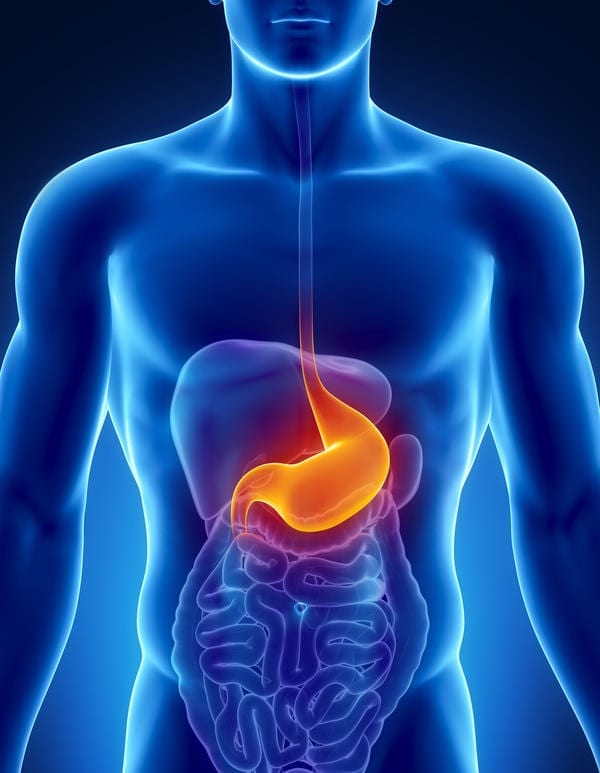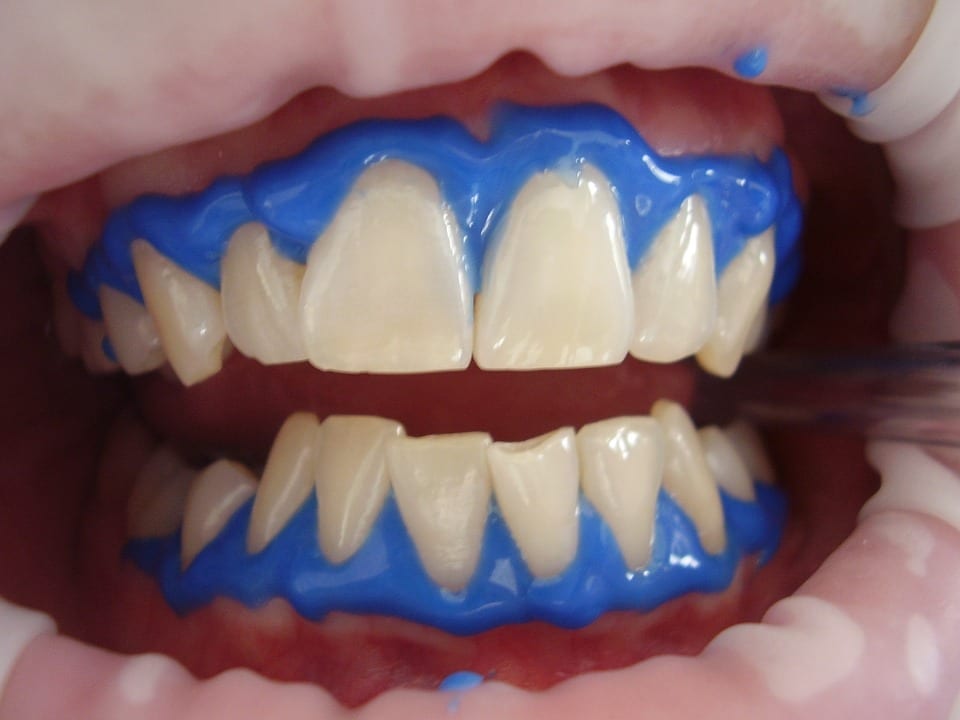Adopting a Healthy Lifestyle—It’s Never Too Late!
We all share a vital interest in our health and well-being. We want to feel good, look physically attractive, be able to work, play, and have fun. Yet most of us are uncertain about what it takes to live a “healthy” life. The standards for fitness and beauty set by the media and health industries usually amount to little more than fashion statements. Even the medical profession offers us confusing and sometimes contradictory messages. What is the right kind of food? Are we natural meat eaters or should we embrace vegetarianism? Which is the best diet type—low fat, low carbohydrate, or high protein? Should we drink alcohol? How much exercise should we get?
One would think that we have been on this planet long enough to master the most basic survival skills, such as feeding ourselves. Not so! Most humans eat for reasons far more complex than hunger. As children, we are taught to consume food at certain times or to clean our plates, whether we feel hungry or not. Many people reach for food to feed their emotions rather than their bodies. Some adapt their eating habits to their social environment, others eat to cope with loneliness or stress. Some literally forget about their nutritional needs because they are too involved with their projects. Food can be a tranquilizer or a stimulant, a comforter or a thrill, a source of joy or destruction.
While “health” is a relative and temporary state, the need to be healthy is not. Regardless of age, physical condition, medical history or genetic make-up, the quest for well-being is universal. This includes far more than the absence of disease or pain. Whether someone tries to make lifestyle changes to get more energy, to lose weight, to prolong youth, to cope with disabilities, or to overcome a chronic illness, the goal is always the same: being well. Therefore, becoming a Healthy Diner involves more than revision, and perhaps, modification of one’s eating habits.
How Do Bad Lifestyle Habits Develop?
People often ask: “How did I get so far off track, how could I let things get so bad?” There is, of course, no simple answer. Everyone has his or her own story. Just as we have different attitudes towards our work, play, or social life, our relationship to food is highly individual. Obviously, the urge to eat is primarily triggered in response to hunger. At times, however, we do have food without being hungry or keep eating, although we are full. Perhaps we eat because it is lunch time, even on a stomach that is still half full. We may have a drink to calm our nerves. We may overindulge when we celebrate, or we may take to the munchies when we get bored. In each case, the intake of food and drink serves a different purpose.
Striving For Good Health—A Balancing Act
“Health” can mean different things for different people. Some would say that “being healthy” is the absence of illness. Others would say that living happy and fulfilling lives is important. Most would agree that as humans we need more than just being physically intact. Besides feeding our bodies, our minds require stimulation, our emotions want to be nurtured, and we have to work constantly on our relationships with others. We also know that if we are negligent in one area, it has a negative impact on all the others. Prolonged unhappiness affects us physically, and so does loneliness or boredom. Nutritional deficiencies inhibit our ability to perform, not only physically, but also mentally.
Naturally, maintaining a perfect balance is not always easy. Sometimes something has to give. A situation becomes critical when some parts get completely run down. Think of different bank accounts or credit cards you have. You can’t just keep withdrawing. To stay out of financial trouble, you have to make regular deposits and payments. Being healthy is a matter of balance. One should not only be concerned with good nutrition, physical exercise, avoidance of alcohol and drug abuse, but also with his or her intellectual, emotional and social needs – in other words, with the whole person.
Breaking the Habit
Since most habits form insidiously and over extended periods of time, we are usually not aware of the role they play in our lives. We develop them as they give us pleasure or save us from discomfort and pain. Obviously, our habits themselves don’t provide us with satisfaction. For example, we don’t eat a candy bar because it tastes sweet, but because the taste of sweetness gives us pleasure. We don’t light a cigarette or have a drink because we want to smoke or get drunk, but because we need to relax or find a way to cope with stress. These needs remain, even when we try to deal with them in better ways.
Because we are mostly naive about the nature of our habits and the power they have over us, we expect that we can alter them at will. However, breaking habits is never a simple matter. One of the reasons our efforts may fail is that even bad habits serve a purpose and can be too important for us to let them go. Only by understanding our habits and how they provide what is attractive for us can we hope to change them.






Be the first to comment on "Adopting a Healthy Lifestyle—It’s Never Too Late!"